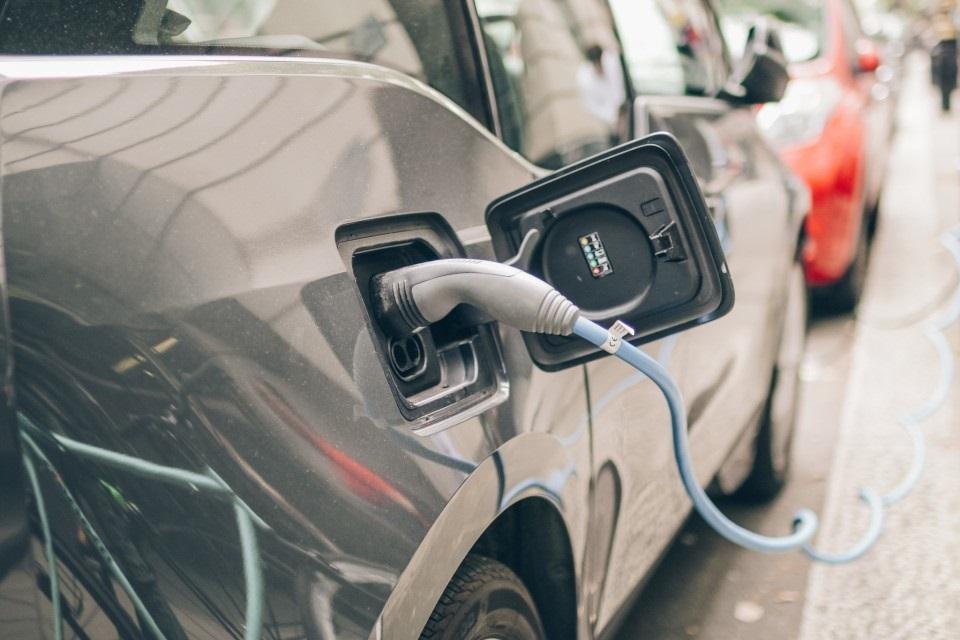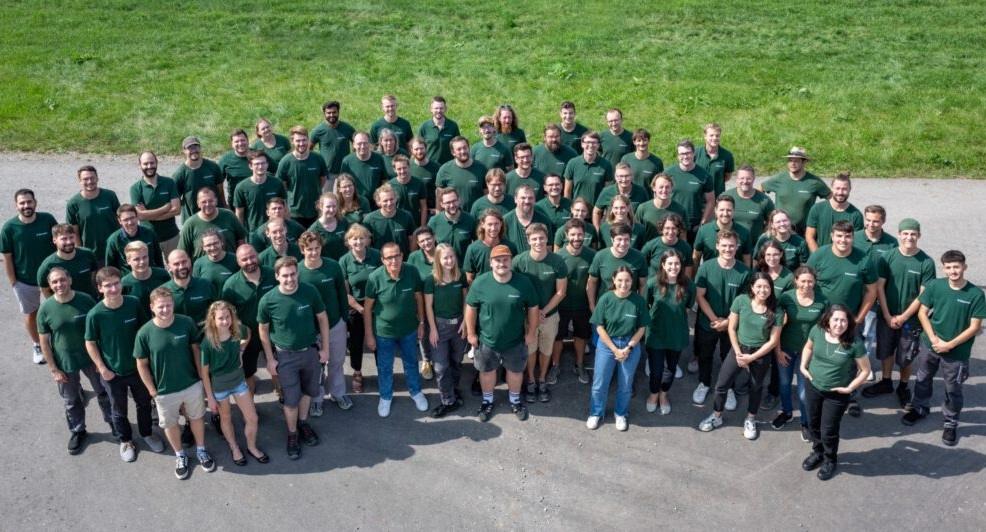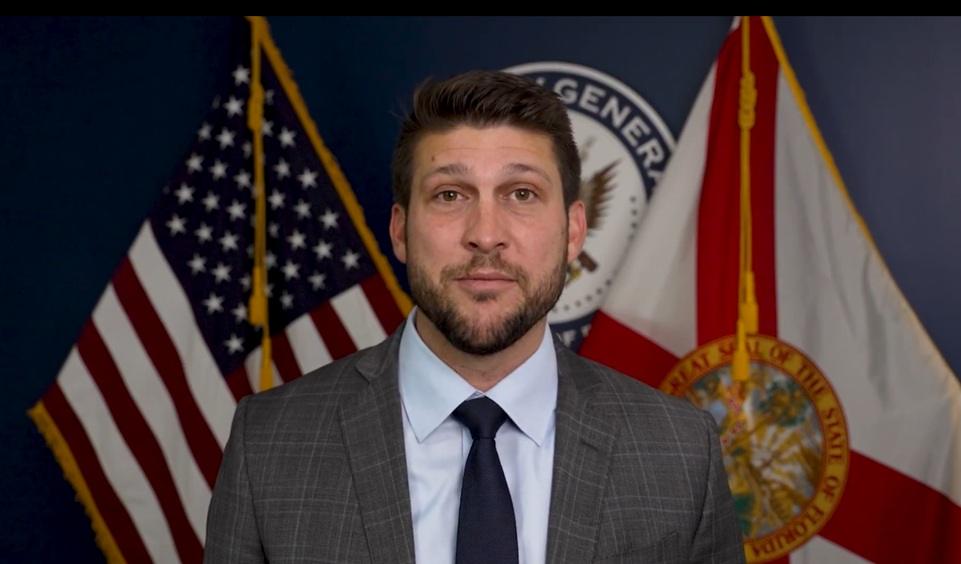California Approves $1.9 Billion Investment in Clean Transportation Infrastructure
The California Energy Commission announced that it has approved a plan to invest $1.9 billion through 2027 on projects aimed at expanding infrastructure for zero emissions vehicles and transportation, including the buildout of an EV charging and hydrogen refueling network.
Transportation, including fuel production, accounts for roughly half of California’s greenhouse gas (GHG) emissions, and 80% of the state’s air pollutants. California has set a goal for the transportation sector to reach carbon neutrality by 2045, and has adopted rules including requirements for all new car, pickup truck and SUV sales in the state to be zero emissions vehicles (ZEVs) by 2035, and ending the sale of medium- and heavy-duty combustion trucks by 2036.
The new approved plan outlines the expected investments for the California Energy Commission’s Clean Transportation Program, which funds innovation and the development and deployment of zero-emission transportation and fuel technologies to support the state’s energy, clean air, and climate change goals.
Investments under the plan through 2027 include over $1 billion for zero-emission battery electric and hydrogen fuel cell truck and bus infrastructure, more than $650 million for light-duty EV charging infrastructure, and $130 million for zero-emission port infrastructure, as well as $46 million for emerging opportunities and $5 million for zero emissions vehicle workforce development. The CEC added that at least 50% of investments will benefit priority populations, including disadvantaged or low-income communities.
According to the CEC, the new investment plan will enable 40,000 new chargers across the state, significantly expanding the existing network of 94,000 chargers, and supporting the state’s expectation to reach 250,000 chargers in the next few years.
Projects supported by the investments will include direct incentive and rebate programs for businesses, non-profit organizations, tribes and public agencies.
Patty Monahan, Lead Commissioner for Transportation at CEC, said:
“We need to make sure that this is zero emission refueling infrastructure for everybody. By investing a bulk of funds to benefit low-income and disadvantaged communities, the state is making sure communities most in need have better access to chargers and less pollution from trucks and buses.”





